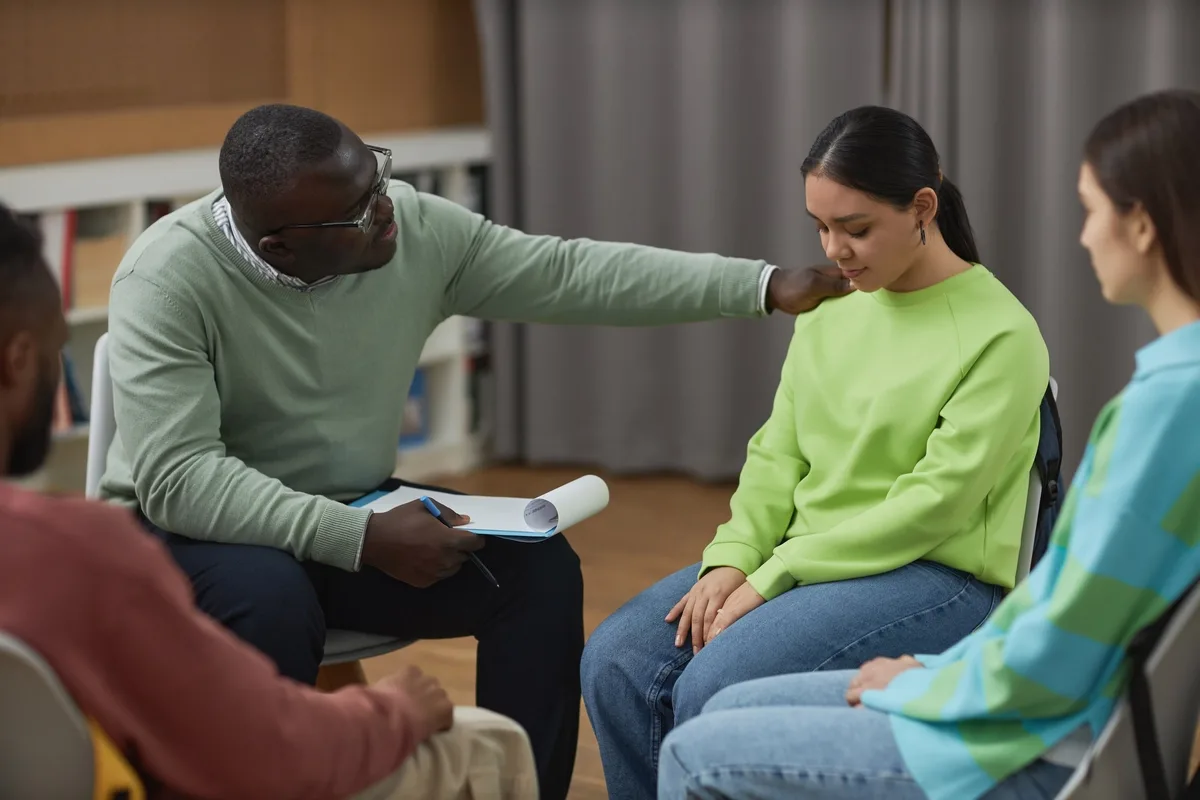24/7 Helpline:
(866) 899-221924/7 Helpline:
(866) 899-2219
Learn more about PTSD Treatment centers in Watton
PTSD Treatment in Other Cities

Other Insurance Options

CareFirst

Access to Recovery (ATR) Voucher

Molina Healthcare

Ceridian

BlueShield

PHCS Network

Excellus

WellPoint

Amerigroup

Humana

Aetna

Health Partners

Highmark

GEHA

Choice Care Network

ComPsych

Optima

American Behavioral

Absolute Total Care

State Farm


Keweenaw Bay Indian Community – New Day Treatment Center
Keweenaw Bay Indian Community – New Day Treatment Center is a public rehab located in Lanse, Michiga...















Keweenaw Bay Indian Community Substance Abuse Programs – KBICSAP
Keweenaw Bay Indian Community Substance Abuse Programs (KBICSAP) is a state licensed facility that o...

Copper Country Community Mental Health Services
Copper Country Community Mental Health Services is located in L'anse, Michigan. Copper Country Commu...














